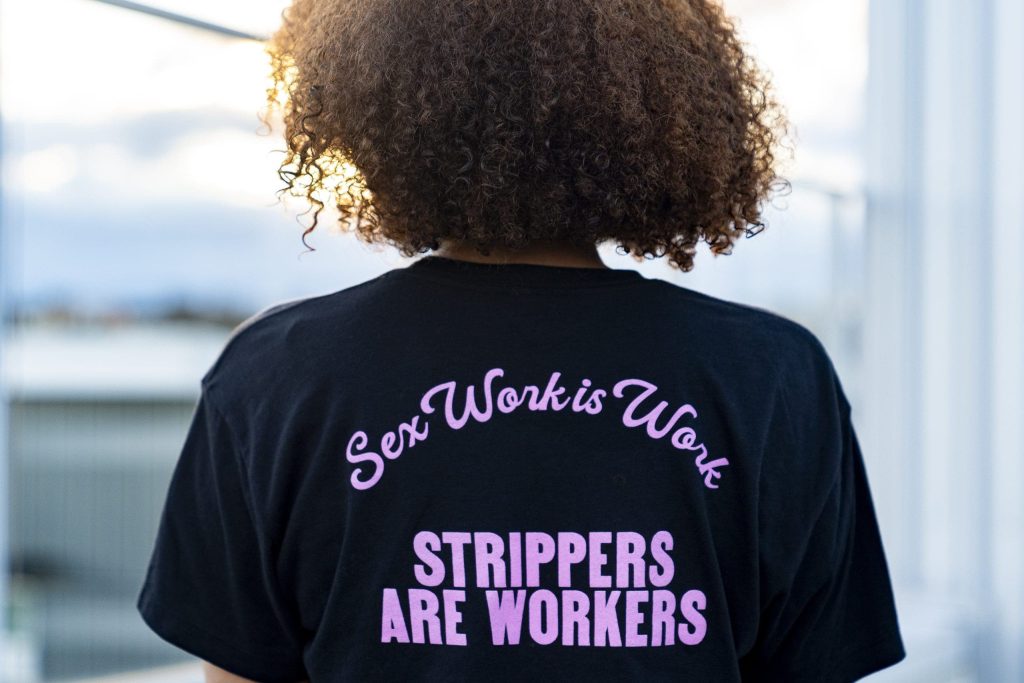In Washington state, legislation known as the strippers’ bill of rights was signed into law by Gov. Jay Inslee. This comprehensive law aims to create safer working conditions for individuals in the adult entertainment industry and allow clubs to sell alcohol. The bill sponsor, Sen. Rebecca Saldaña, emphasized that strippers are workers who deserve the same rights and protections as any other labor force. The new law includes requirements for employee training to prevent sexual harassment, identify and report human trafficking, de-escalate conflict, and provide first aid. It also mandates security measures such as keypad codes on dressing rooms and panic buttons in areas where entertainers may be alone with customers.
Most dancers in Washington state are independent contractors who pay club fees every shift. The new law places limits on the fees that club owners can charge, capping them at $150 or 30% of the amount dancers make during their shift. Late fees and other charges related to unpaid balances are also prohibited under the new legislation. By early next year, the state Department of Labor and Industries will draft new rules and guidelines for implementing workplace safety standards outlined in the law. Additionally, the law allows adult entertainment businesses to obtain liquor licenses, with compliance tied to the new safety regulations.
Strippers Are Workers, a dancer-led organization in the state, has been advocating for regulations and alcohol sales changes since 2018. The organization’s efforts were prompted by significant regulation gaps for individuals performing at adult entertainment clubs across the state. Madison Zack-Wu, the group’s campaign manager, expressed concerns that implementing protections without adding revenue from alcohol sales could potentially lead to club closures, putting workers in even riskier situations. State Liquor and Cannabis Board spokesperson Brian Smith noted that it could take over a year to establish the liquor license process for clubs in compliance with the new safety regulations.
Washington is one of the few states to have added worker protections specific to adult entertainers. Illinois took similar action in 2019, requiring adult entertainment establishments to have a written sexual harassment policy. Efforts to improve working conditions and rights for individuals in the industry have also been seen at a bar in Los Angeles and a strip club in Portland, Oregon, where dancers voted to unionize. The Nevada Supreme Court decision in 2014 ruled that dancers at a Las Vegas club are employees entitled to minimum wage and other protections. Sen. Saldaña stressed the importance of confronting the stigma surrounding adult entertainment and recognizing the humanity of those involved in the industry. The new legislation in Washington state represents a step towards ensuring better safety and working conditions for individuals in the adult entertainment industry.














